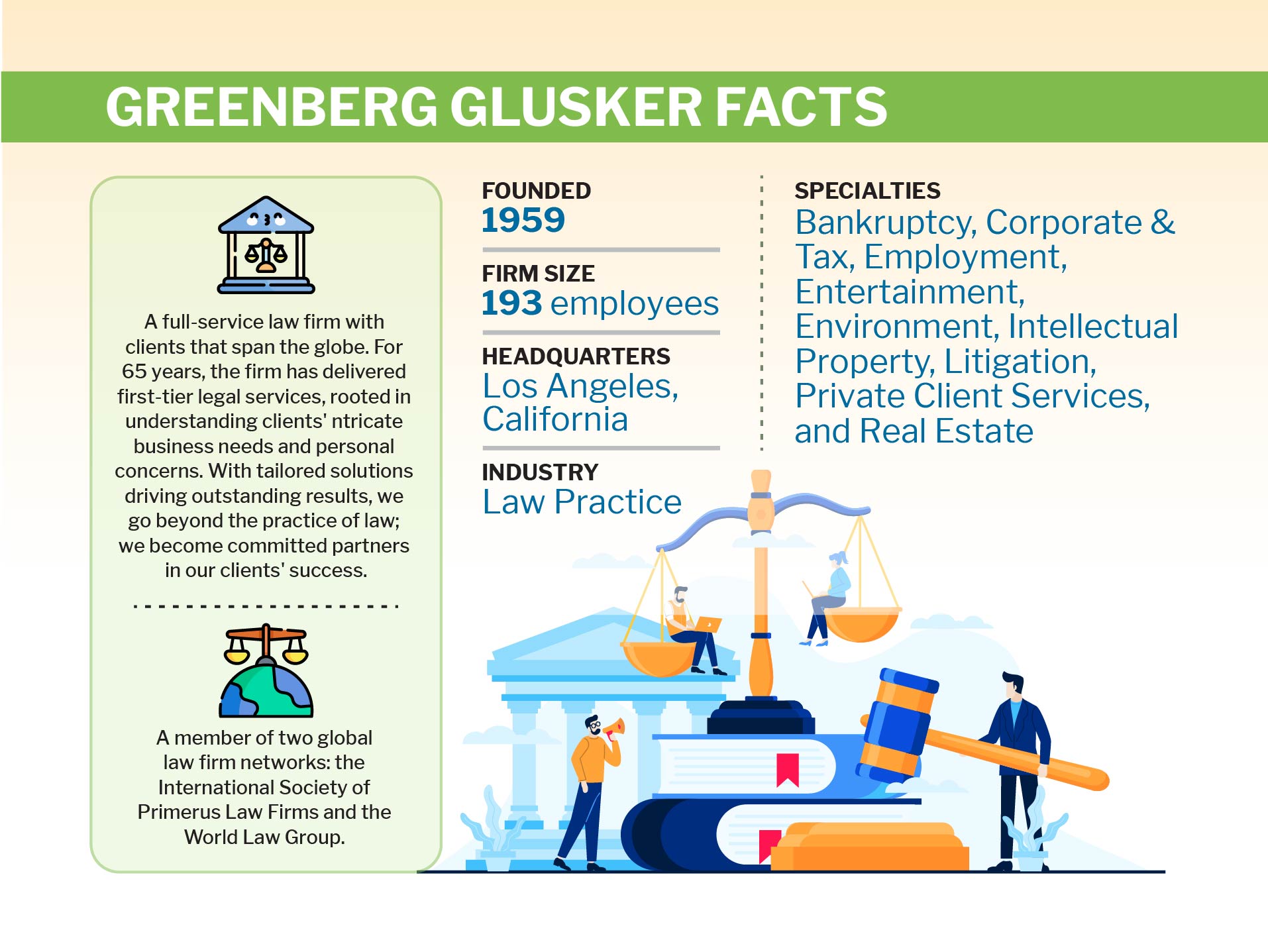
For HR professionals navigating this landscape, understanding these nuances is paramount

In the ever-evolving world of employment law, California has carved a niche for itself with its unique approach to employment bonuses. While overarching federal laws provide a general framework, it's California's meticulous attention to detail that has made it a litigation hotspot.
For HR professionals navigating this landscape, understanding these nuances is paramount. Karina B. Sterman, partner at Greenberg Glusker LLP, sat down with HRD to glean some invaluable insights into the intricate subject.
"It's key to understand that it will not be merely about the terminology used in bonus agreements. It's about grasping the essence of what 'discretionary' and 'non-discretionary' bonuses genuinely signify," she tells HRD. Non-discretionary bonuses are earned. Discretionary bonuses are more akin to gifts.

Sterman emphasizes that the legal ramifications of these classifications are profound in practice. For instance, a bonus labelled 'discretionary' in an employment agreement can quickly become non-discretionary if tied to specific performance metrics.
"Once you establish the criteria for its attainment, its discretionary nature may effectively get nullified if you are providing the terms for earning it," she tells HRD.
And mislabelling bonuses isn't just a minor oversight—it's at the heart of numerous legal confrontations.
“Many disputes stem from bonus plans that haven't been vetted by HR or reviewed by counsel,” she tells HRD. “A company's intentions might be well-placed, but they could inadvertently stray from legal guidelines.”
Sterman identifies three pillars for crafting sound bonus plans: clarity in terminology, a comprehensive written blueprint, and a clear distinction between discretionary and non-discretionary bonuses. And, for HR professionals seeking resources, Sterman points to the California Labor Commissioner's website.
"While it might not be the most user-friendly, it's a treasure trove of official opinion letters on bonuses," she says. “Engaging a knowledgeable, California-focused employment attorney is also invaluable. Such expertise not only provides clarity but can also shield businesses from unanticipated legal entanglements and significant financial repercussions.”
Delving further into the multifaceted realm of bonus pay, Sterman underscores the challenges it presents. She makes a point of reminding employers to differentiate between exempt and non-exempt employees, a distinction that's particularly significant in California.
"With non-exempt or hourly workers, bonuses can complicate overtime calculations for employers. If a company pays non-discretionary bonuses, these must be factored into the regular hourly pay, which subsequently impacts overtime calculations and even premium payments," she says.
On the topic of signing bonuses, relocation, and retention bonuses, Sterman stresses the importance of precision in terminology and intentional planning rather than standard form letters.
“Each term carries specific implications. Using them interchangeably can lead to unforeseen complications," she tells HRD.
For instance, a relocation bonus is essentially a reimbursement of expenses and has a different tax implication compared to a signing bonus, which is treated as a wage. A retention bonus is intended to retain an employee for a certain period of time, although it is often paid upon hire.
"If an employee, having been offered a $10,000 retention bonus to remain employed for a year, departs at the six-month mark, the company is highly unlikely to reclaim the entire amount. It's most likely going to be prorated based on their tenure," she says.
While employment bonuses in California present a potent tool for incentivizing and retaining talent, they come with their own set of intricacies. For HR professionals, the key is to stay informed and always seek expert guidance.
As Sterman aptly summarizes: “A proactive approach, rooted in clarity and legal expertise, can pre-empt a multitude of potential challenges down the line."
This article is for editorial purposes only and is not intended as legal advice.